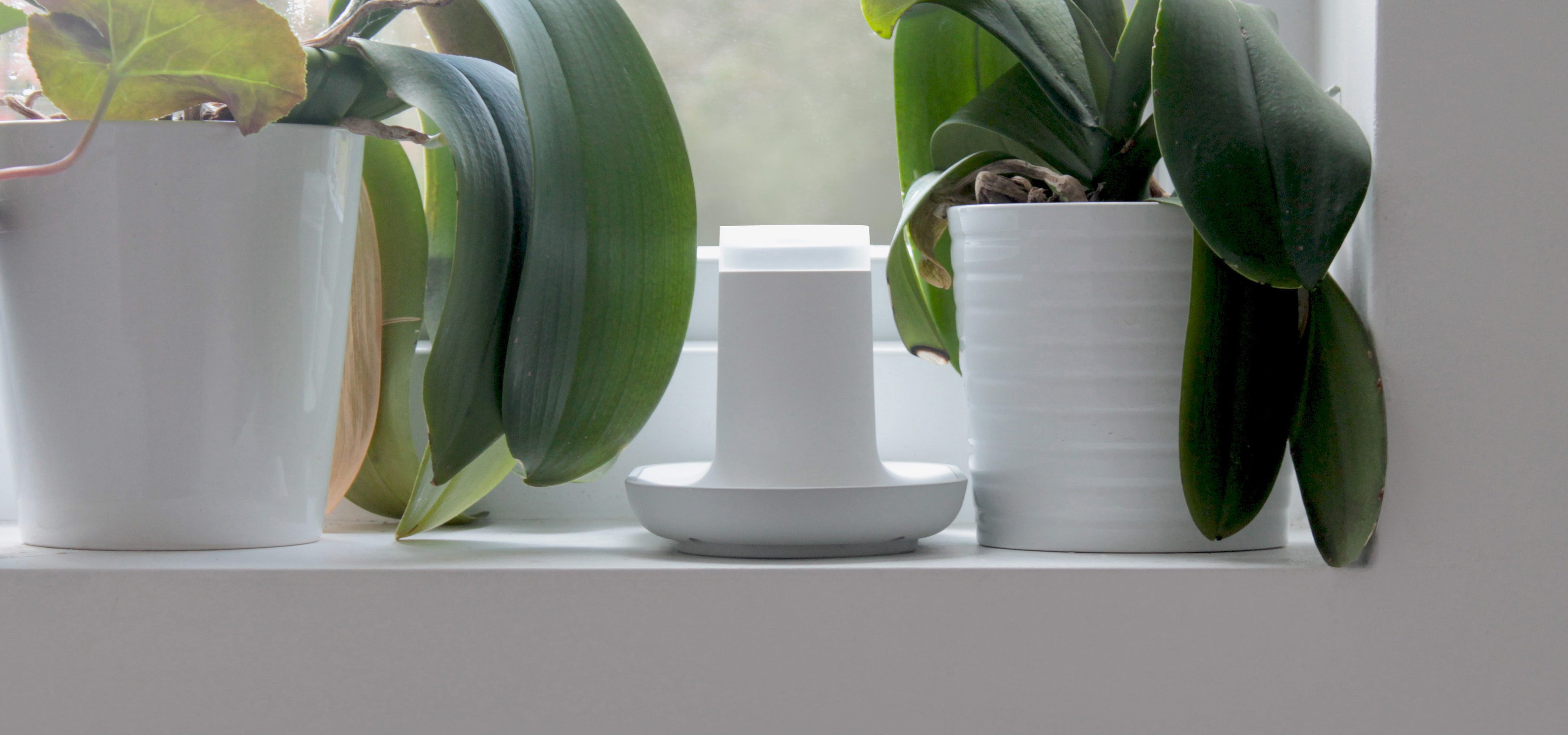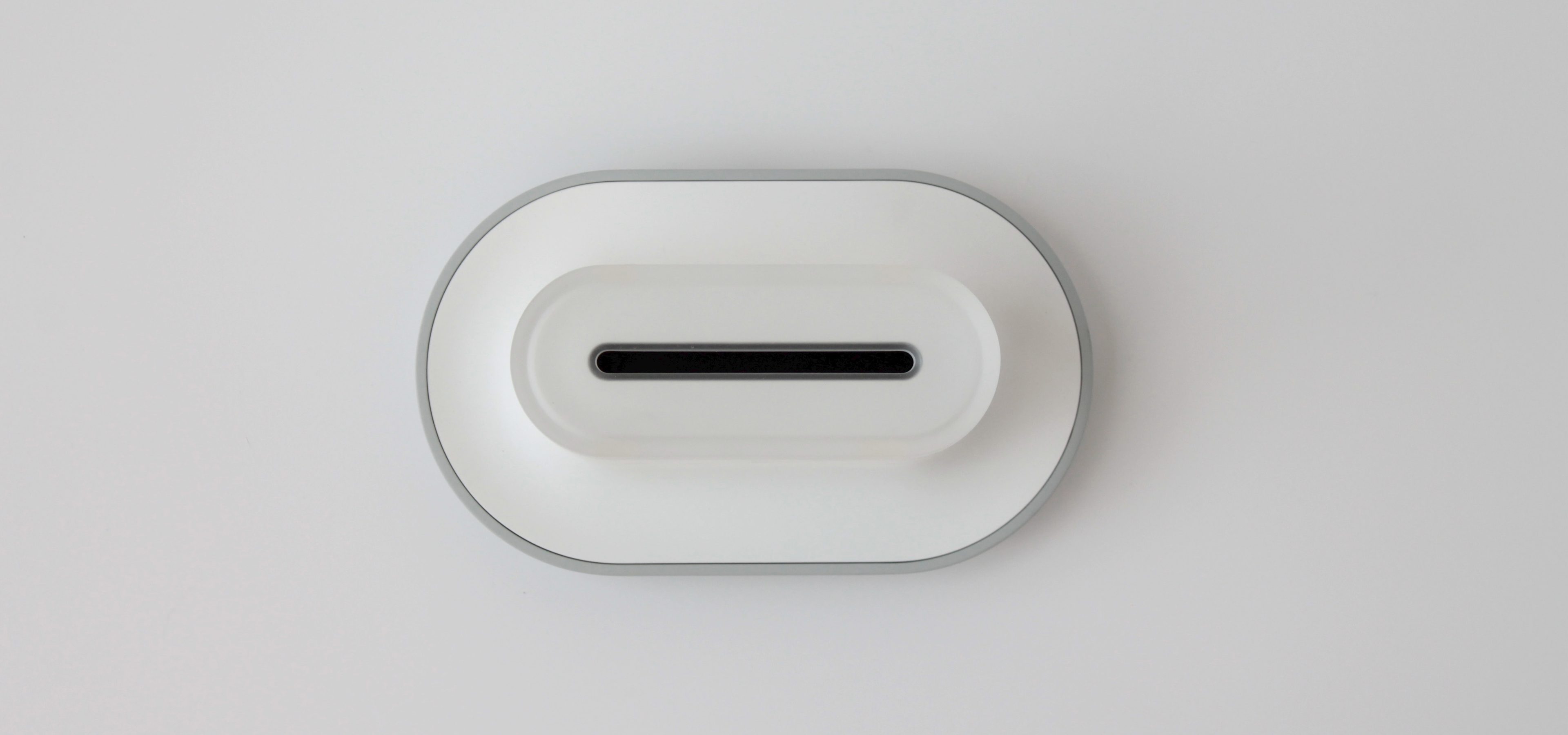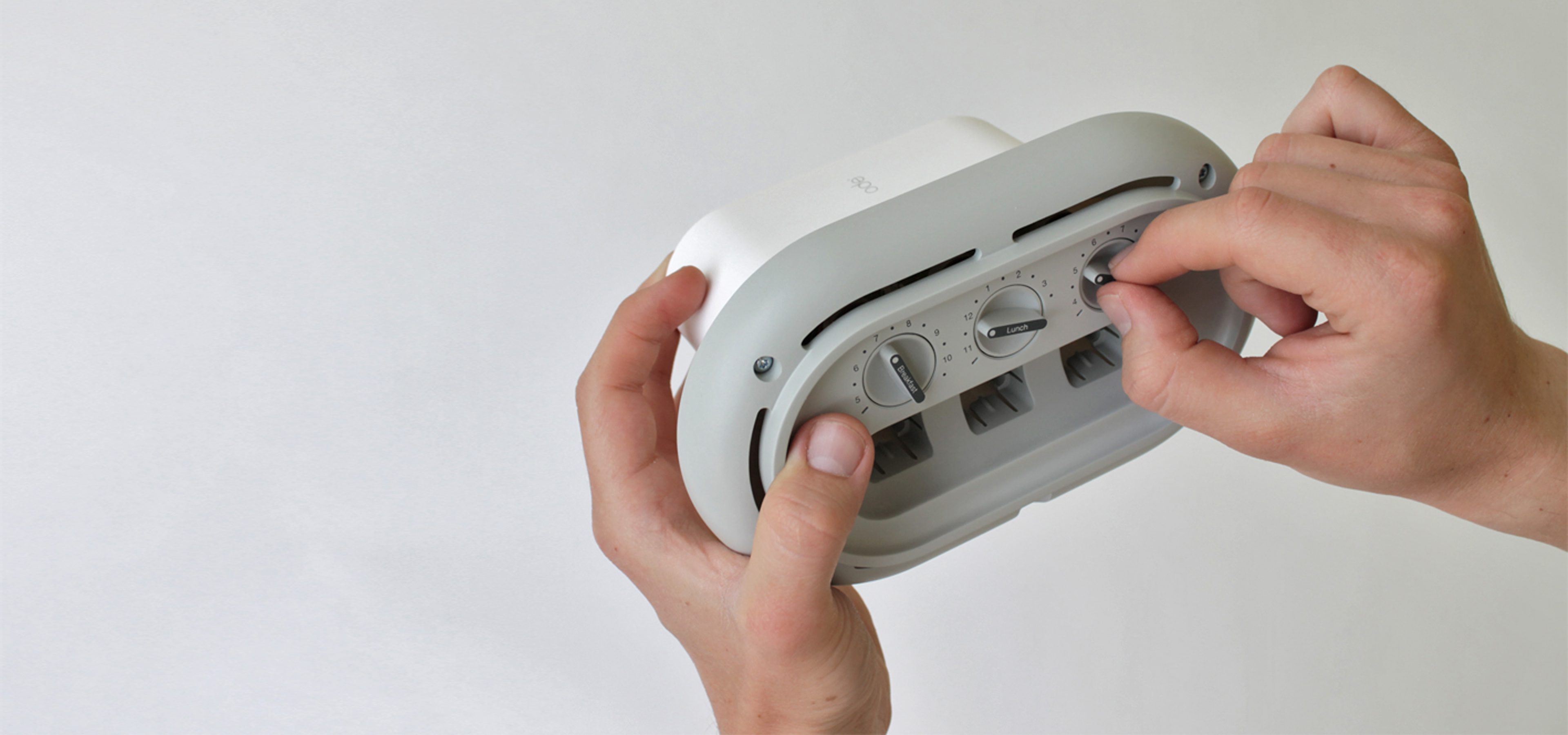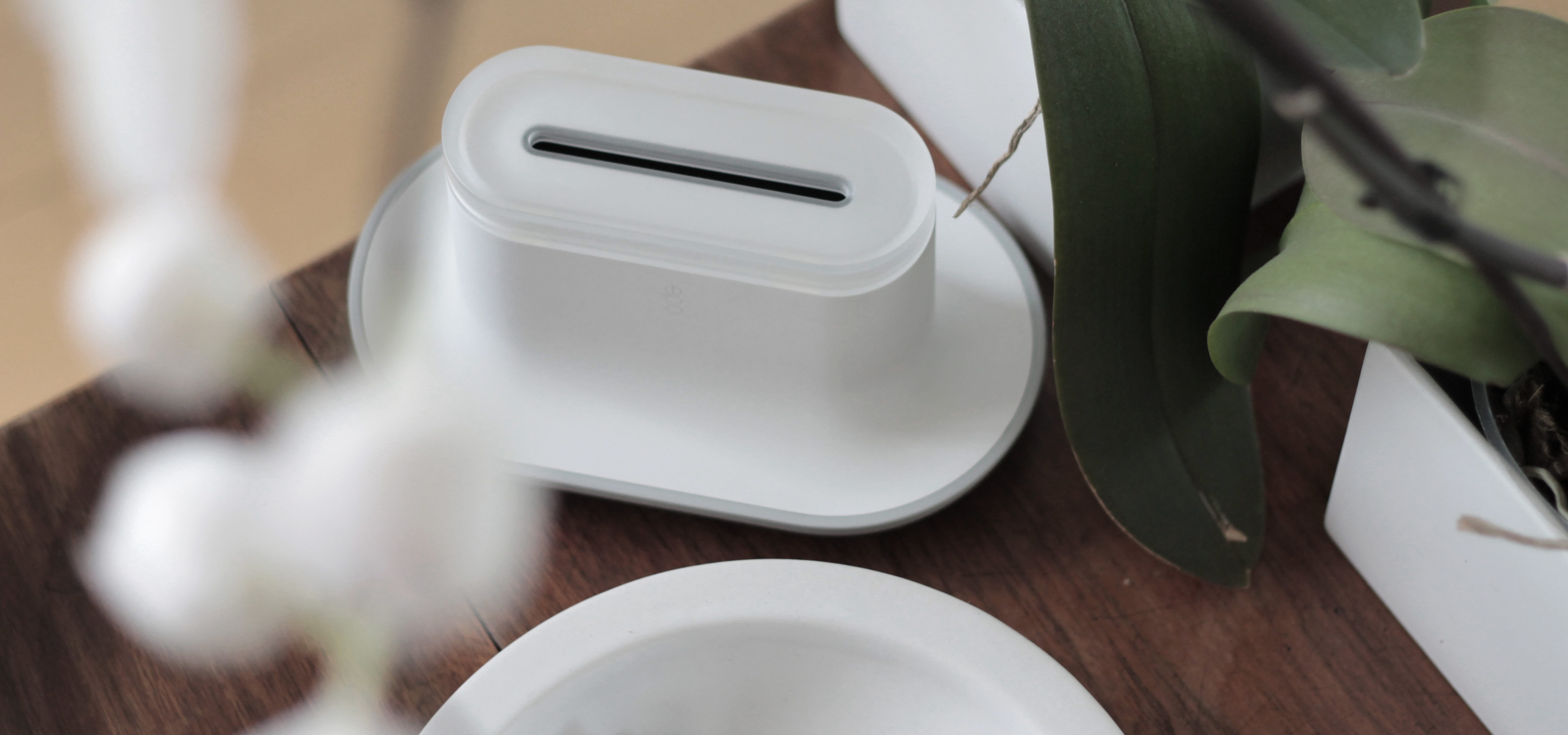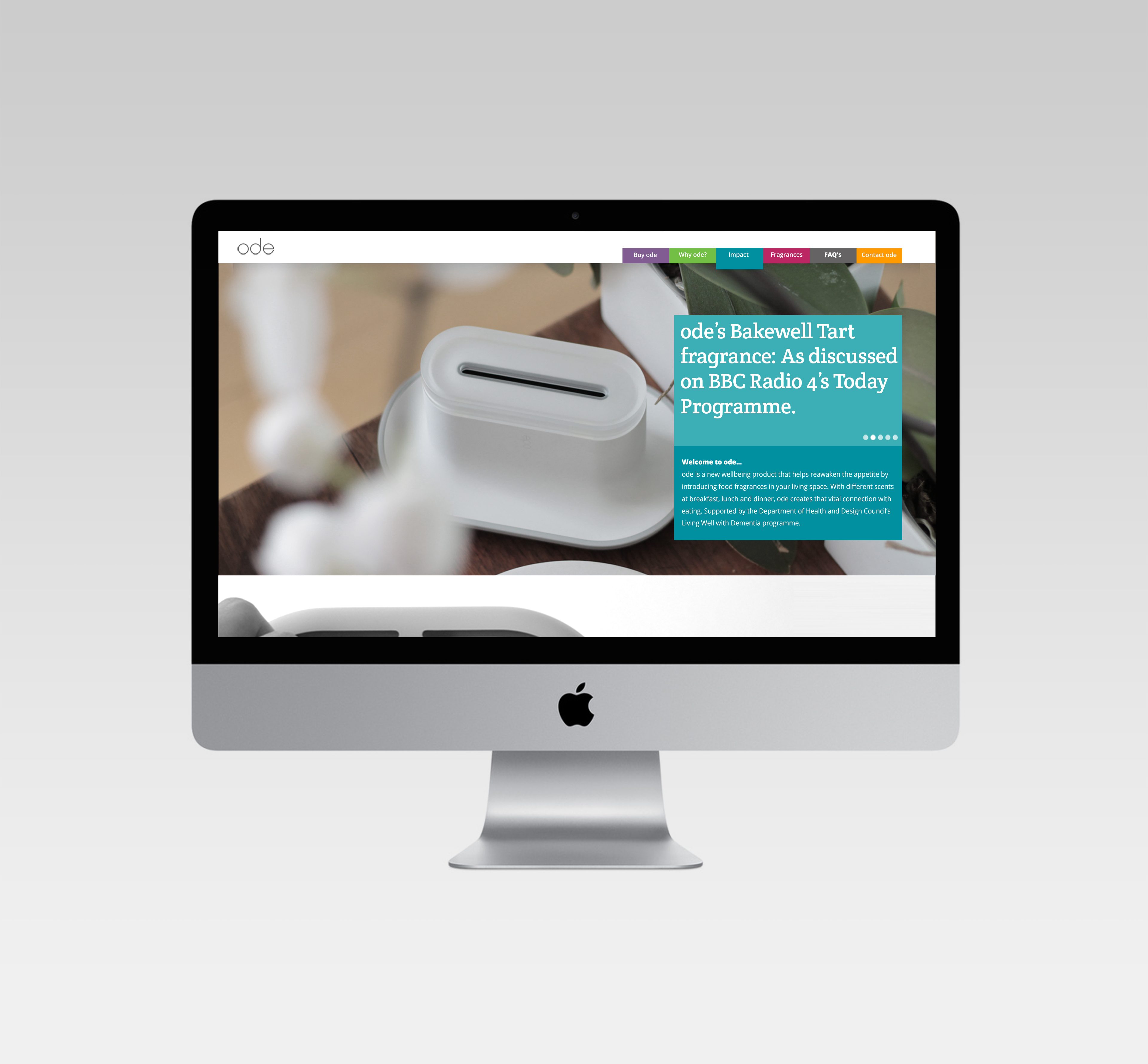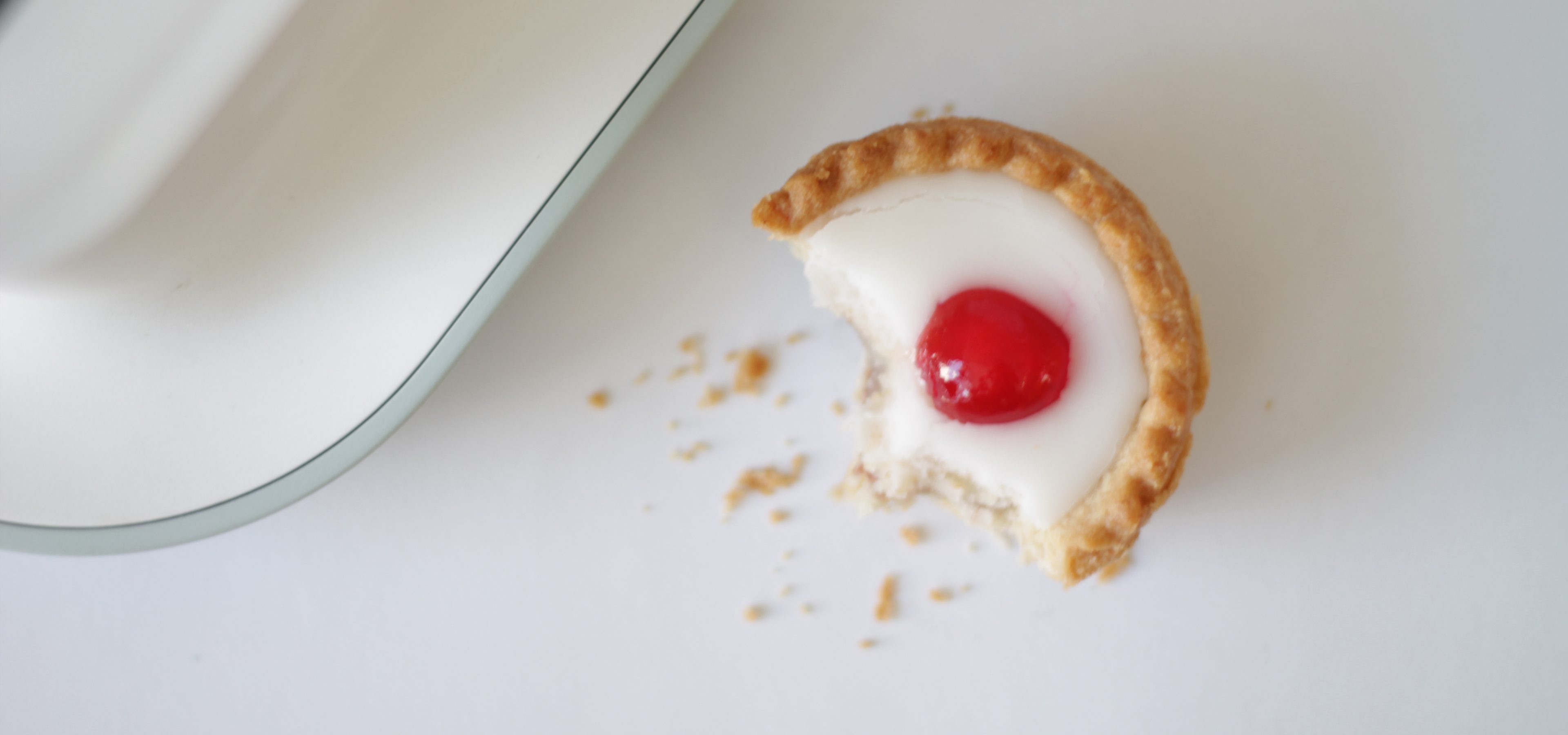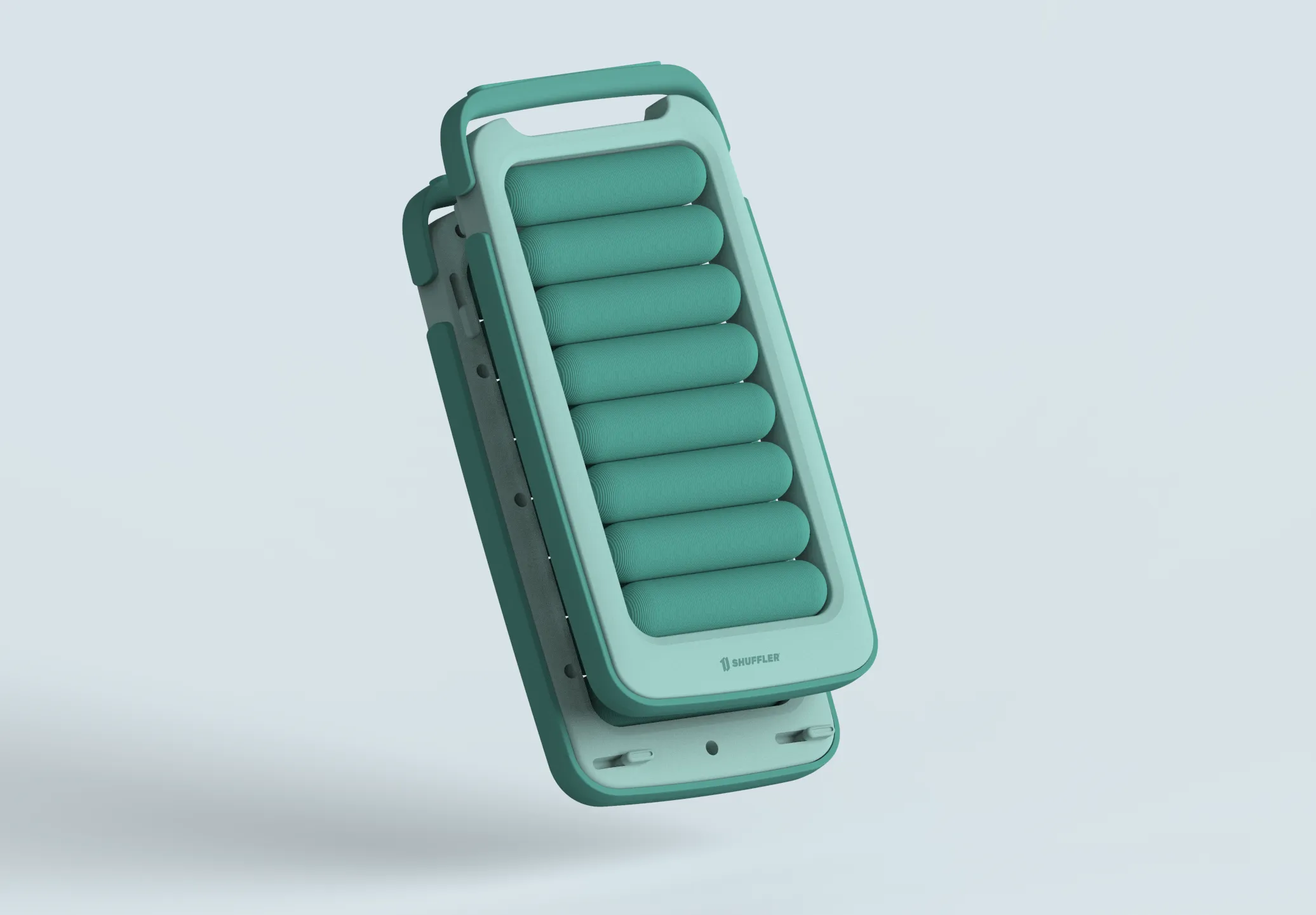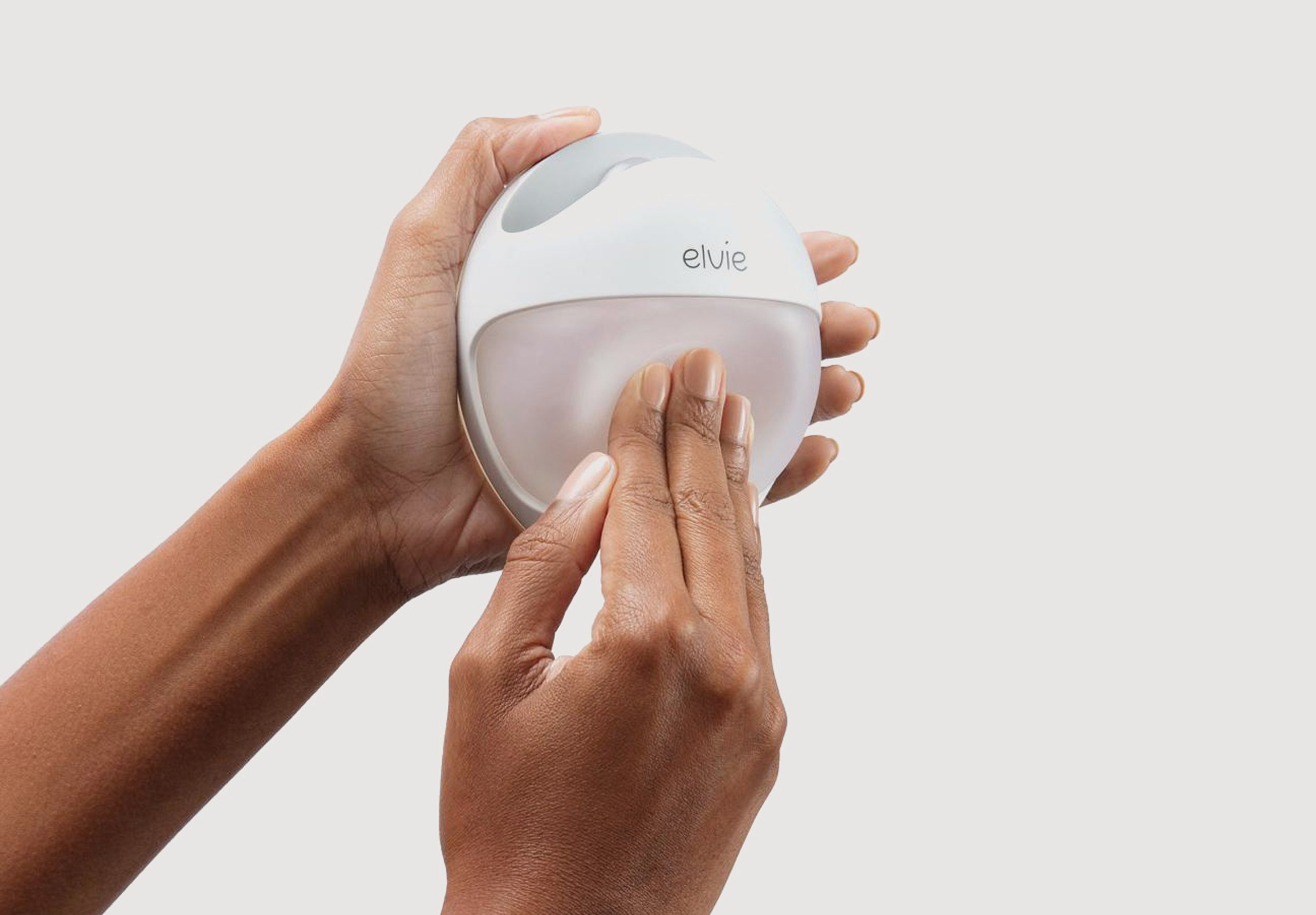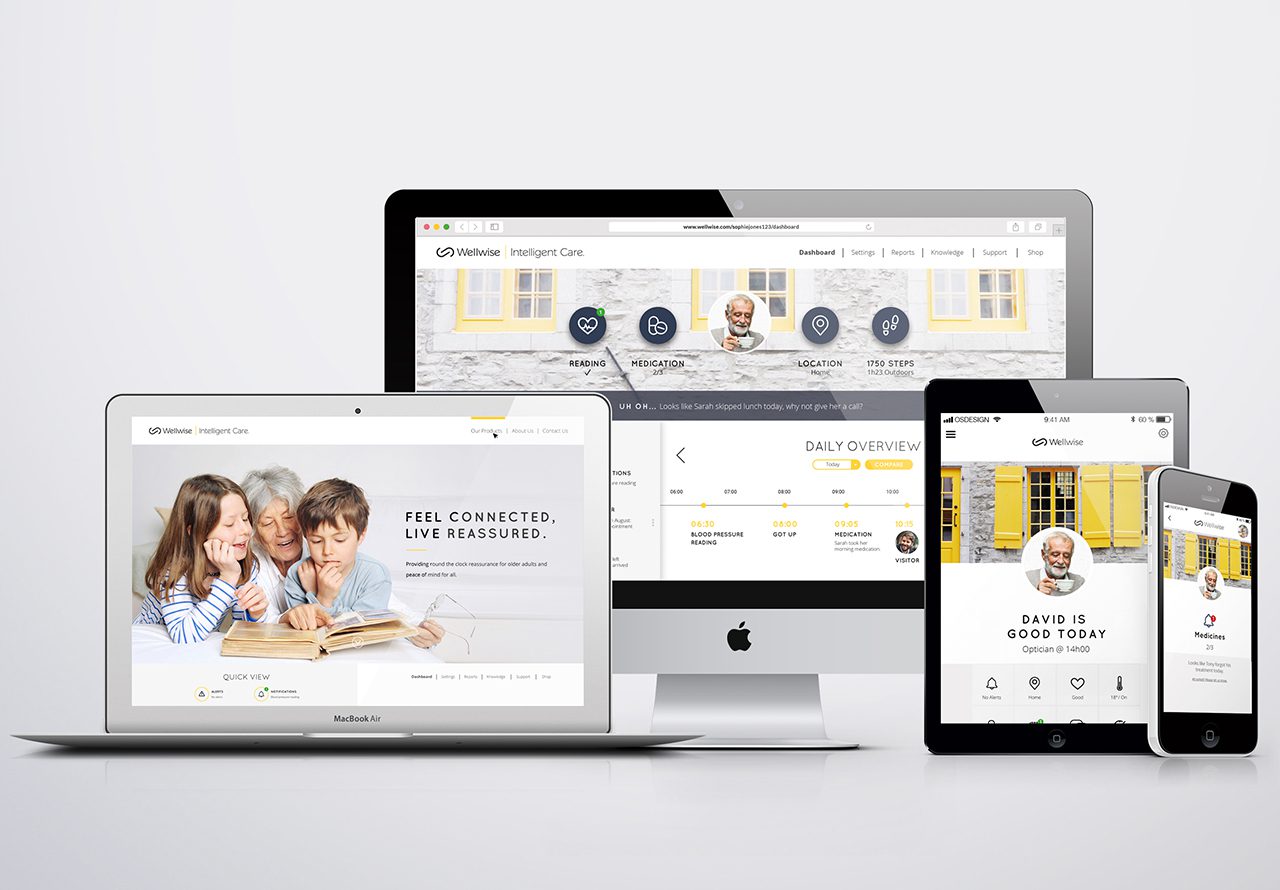In 2012, the Design Council and the Department for Health came to a realisation: if they could connect the right kind of agency with the right people and resources to tackle the problem, they could foster an environment for purposeful design. They were right. To turn their vision into reality, the Design Council launched the Living Well with Dementia Design Challenge - a 20-week program that would call on specialist agencies to propose innovative solutions. Having built a reputation for inclusive, user-centric design, we were chosen as one of five agencies to address the growing health crisis.
Our first step was to understand why people with dementia were becoming disconnected with food as their condition progressed. To get to the heart of the challenge, we teamed up with Lizzie Ostrom, an expert olfactory consultant. Together, we took part in a series of creative sessions to prove a hypothesis: what if we could design a multi-sensory stimulus to trigger hunger in dementia patients? Following this route, we set out to create a simple product that delivered emotive aromas as a mealtime prompt.
The result was Ode. A ground-breaking fragrance-release system, Ode releases three natural aromas of food to coincide with mealtimes. Designed to work in homes and hospitals, we built Ode to maintain the independence and nutrition wellbeing of people living with dementia. From prototype development to testing, refining and tweaking, we proudly span out our start-up and created an award winning product proven to help stimulate an appetite in older adults living with Dementia.
Before long, Ode was seizing the spotlight in the national press and scooping up business innovation awards to boot. Everyone from CNN to the Independent wanted to know how soon our product was going to hit the shelves.
Ode was the biggest turning point in our portfolio and business behaviour. What we failed to secure in investment, we gained in experience. Through Ode, we saw first-hand the power of brand, sales, care, aftercare, packaging and how the smallest elements made a big difference. Empowered with empathy, we changed how we operated as a studio. From this point on, we could tell future clients we knew what they were going through - because we had lived it ourselves.
Design for purpose and inclusion at Rodd
Ode is the cornerstone of purpose-driven design at Rodd. It celebrates the power of user-centred design to innovate solutions to complex societal problems and demonstrates how sensitive design can build brands and engage your consumers.
+ For more of our work in this space
